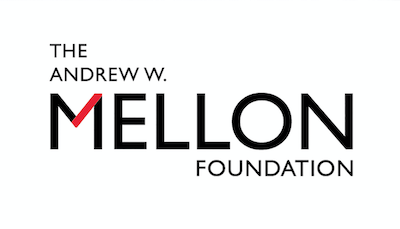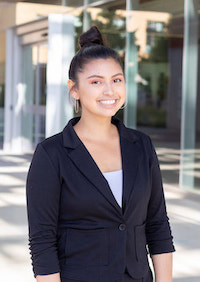Electronic Music: A Vehicle for Inclusivity
Cathryn E. Flores; Katherine Steele Brokaw, PhD
Electronic music emerged on the 1970’s popular music charts in the United States and remains a dominant force in today’s music industry across all genres. Similar to the techniques used in composing a live musical score, electronic music composition encompasses instrumentation, vocal production, and digitized musical notation. This essay argues that electronic music provides an inclusive, technological approach to composing theatrical musical scores in the 21st century, allowing amateur artists the ability to participate in producing sophisticated scores through Digital Audio Workstations (DAW). Methods used for this study include Practice-as-Research (my collaboration with community-based theater practitioners), autoethnography (my personal experience using a DAW to film score and compose), and literature reviews of publications discussing the Digital Age within theatrical productions. A case study of my role as music director for Merced Shakespearefest’s bilingual web series Ricardo II prompts the discussion of how collaborative online platforms such as Zoom and Google Drive increase accessibility, allowing more people to participate in the music composition process. In the case of Ricardo II, participants and audience members have and will be able to personally relate to a musical score that incorporates genres of popular music, jazz, hip-hop, and Latin pop. Exploration of Lin-Manuel Miranda’s Hamilton provides a parallel to this bilingual Spanish-English Shakespearean web series, in which musical underscoring acts as a binding presence no matter a spectator’s linguistic, ethnic, or socioeconomic background.
Email Scholar - Provide Feedback - Return to Showcase Gallery
The UROC-H Program and Cathryn's research project were supported with funding from the Andrew W. Mellon Foundation.



